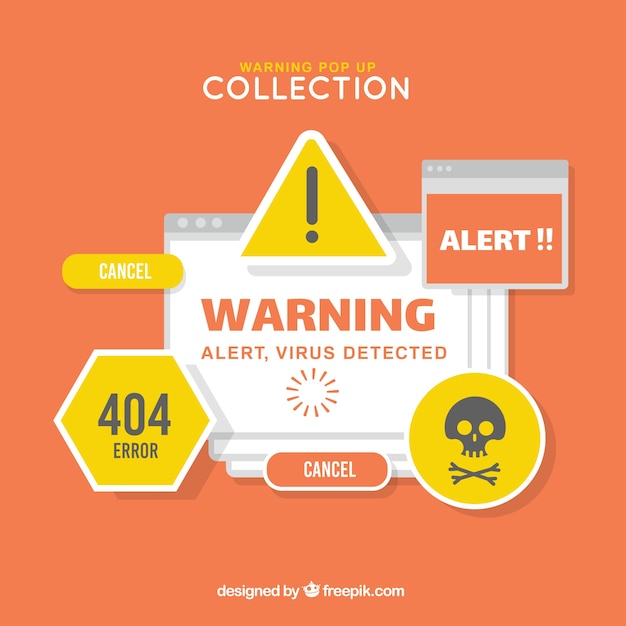A while back, I had a couple of youngsters knock on my door, claiming they were from the power company. They said they were there because my neighbors were complaining about high bills. They wanted to check my utility bill for a specific code, which, if present, would mean I was being overcharged. It seemed like a serious issue that anyone would want to resolve immediately. But I knew better. I knew it was a scam to get me to switch power providers.
This is just one of many scams related to home utilities, especially electricity. Some scammers might show up at your door, while others might contact you via phone or email. They might promise lower bills or better equipment, or they might threaten to cut off your service. But their real goal is to make money at your expense.
Here are seven common utility company scams you should be aware of:
-
Door-to-Door Sales Scams: In the 1990s, Congress allowed states to deregulate their energy markets. This meant consumers could choose their electricity provider. Unfortunately, this also led to a new type of scam: fake energy sales. In these scams, salespeople might use various tactics to trick you into switching providers. They might offer teaser rates, claim that switching is required, or even switch you to a new provider without your consent, a practice known as slamming.
-
Power Shutoff Scams: In these scams, fraudsters pretend to be from the electric company and threaten to shut off your power unless you pay your bill immediately. They might ask for your bank or credit card information, or they might ask for payment in a form that’s harder to trace, such as a wire transfer, a prepaid debit card, or even cryptocurrency.
-
Power Restoration Scams: This is the opposite of a power shutoff scam. Instead of threatening to shut off your electricity, the scammers offer to help you get it back—for a fee.
-
Replacement & Repair Scams: Sometimes, scammers will call you claiming to be from the power company and say they need to make some changes to the equipment in your home. They then demand upfront payment for this "necessary" service.
-
Overpayment Scams: In this scam, you get a call saying you’ve overpaid on your utility bill, and the utility company is calling to put things right. But if you follow their instructions, you’ll end up giving them your bank account or credit card number, and they’ll start taking money out of your account.
-
Fake Federal Programs: Scammers might contact you to tell you about a "special federal program" that can help cover the cost of your energy bills. They’ll ask for your personal information and then tell you to direct your payment into a new account.
-
Utility Company Imposters: Some criminals pose as utility company workers to get into your home and steal your belongings.
If you’ve fallen victim to any of these scams, report it to local law enforcement. Don’t be embarrassed—it’s more common than you might think. And if you’ve managed to avoid a scam, good for you! But you can still help others by reporting the criminals to the local police and your energy provider. You can also report the crime to your state attorney general’s office and to the Federal Trade Commission.
